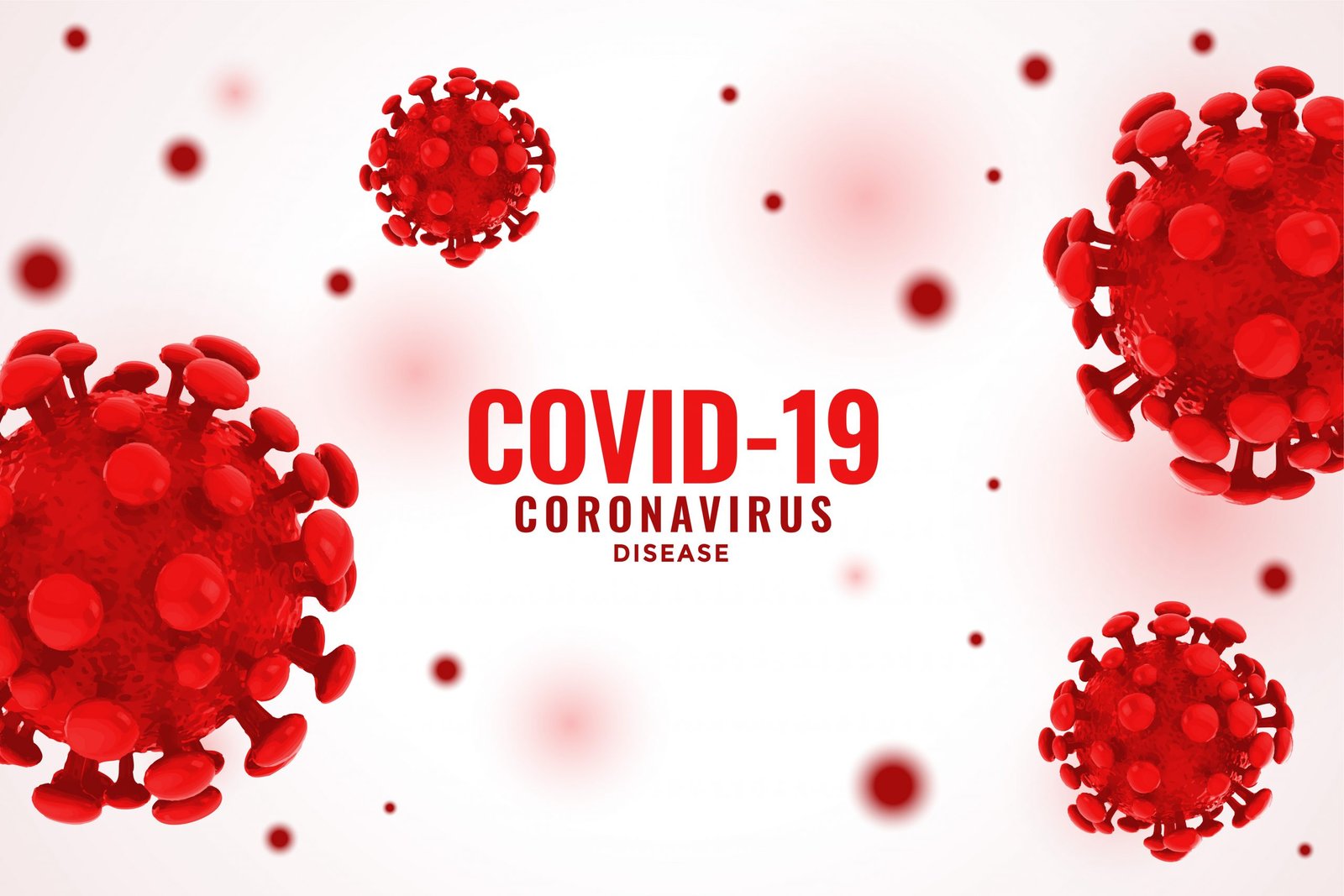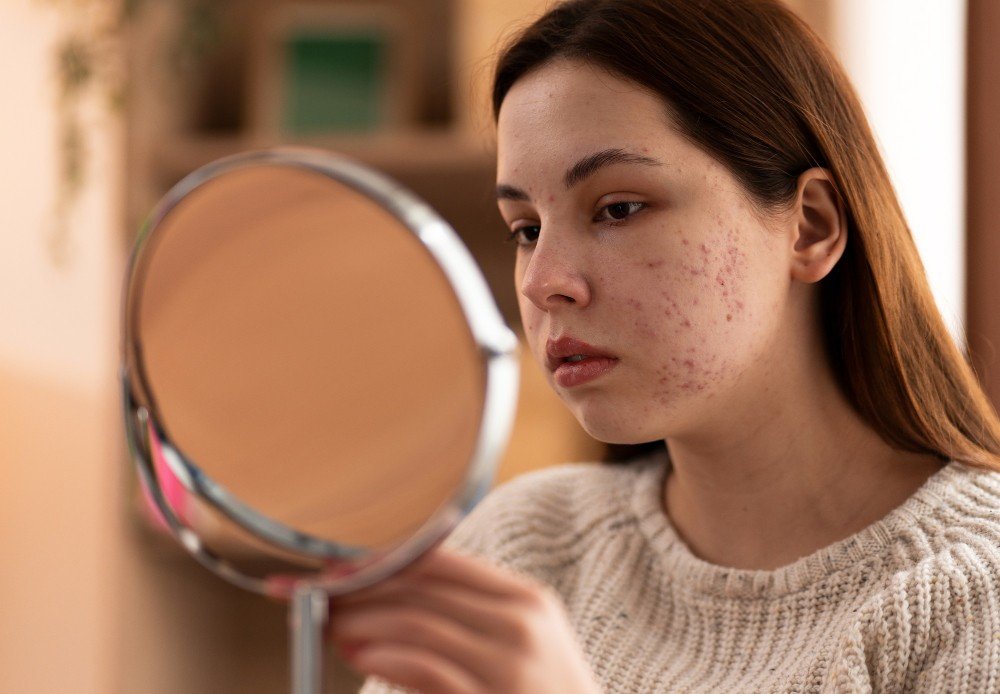Learning About COVID-19 Risk Factors for Patients with Epilepsy
Epilepsy causes periodic, unprovoked seizures. These uncontrolled electrical signals in the brain can result from a neurological condition. Episodes can be brief and longer, causing vigorous shaking of the body.
Epilepsy can occur to anyone but is most familiar in children and young adults. Although various things can trigger this health issue, typical reasons include genetic factors, head injuries, brain tumors, and stroke.
Doctors usually treat it with medications and with the help of medication management therapy, with only a few requiring surgeries. In the U.S., one can find about 29 types of antiepileptic medicines. One must know that all seizures don’t indicate epilepsy, even though they are a common characteristic of this neurological condition. You can think of seizures caused by drugs or high fever in kids.
According to MyBioSource, over 3 million Americans and 65 million globally suffer from this health condition. In the U.S., active cases are 3.4 million, making it more prevalent than diseases like Parkinson’s, Cerebral Palsy, Autism, and Multiple Sclerosis. Despite its prevalence, epilepsy gets only a small percentage of research funding than other neurological conditions. There is a need to make everyone understand this illness by letting them know that any person with a brain can be vulnerable to this. Some international events can be helpful in this. One of such examples is Purple Day, celebrated on 26th March every year worldwide. The event endeavors to enlighten everyone about the patient’s challenges and those associated with him.
COVID-19 vaccines and epilepsy
After vaccination, many people have got only mild symptoms. However, the severity risk for seniors and people with medical histories tends to be higher. That’s why anyone with epilepsy needs to understand the COVID-19 dangers for them and how to alleviate those. Pfizer and Moderna are popular options; even six months old can take their shots. CDC informs that Pfizer is suitable for anyone five years and older and Moderna for 18 years and older groups. Those with epilepsy may fear whether they will face any significant side effects due to the vaccine. The health experts say that some patients can catch a fever and have a lower seizure threshold. However, the chances of intense seizures are rare. There is also no proof that vaccination worsens their underlying medical condition or brain injury.
As you know, due to its immunity response, fever is a common side effect of COVID immunization. Some epilepsy patients with fever tend to experience seizures. Hence, someone who gets seizures after fever may ask about the risk of the vaccine. You can consult your doctor beforehand to understand the risk factors and ways to curb them. For example, you can inquire if the vaccination site will have a medical staff. What rescue therapies are available if someone develops seizures? It is recommendable to have a vaccination for safety.
Another thing one might want to confirm is whether anti-seizure medications and COVID-19 therapies risk interfering. Johns Hopkins Epilepsy Center’s Khalil Husari (M.D.) informs that this depends on the type of medicines a patient uses. According to him, someone on old drugs like phenobarbital, carbamazepine, phenytoin, and valproate can be more at risk of drug interactions. Your doctor must know your prescription to help you avoid such possibilities.
COVID-19-led seizures in non-epilepsy patients
An acute case can be an indication of a potent inflammation and infection. Most moderate or severe COVID illnesses may expose the person to delirium or confusion. However, some infected patients suffer from seizures without any apparent signals. Still, this needs more investigation into whether they experience recurrent seizure conditions without provocation after recovery. According to one of the reliable studies, about 81 916 351 doses of vaccines were given in Mexico between December 2020 and October 2021. Of those, 53 cases of seizures came to the notice, and 31 (60%) didn’t have any epilepsy history.
Preventive measures for patients with epilepsy
Of course, one should meet their epileptologist to tackle the issue with rescue therapies. Keeping sufficient medications in stock is also critical. One should arrange for a minimum of two weeks of supply with them. It becomes crucial when someone with COVID-19 infection or exposure has to quarantine themselves. You must visit your doctor if you experience any minor or drastic change in your seizure. They may recommend urgent care or a few medicine changes as per your condition. Experts suggest that anyone with epilepsy should be in regular touch with their neurologist or epileptologist to avoid any vein treatment interruption or risk of heightened seizures.
To sum up, the COVID vaccine’s fever is one of the side effects. You can talk to your doctor for immediate help if you get seizures due to fever. The Epilepsy Foundation also suggests that taking a vaccine is crucial for safety. If you haven’t taken your shots, you can speak with your primary healthcare provider to know the right place for you.
Share this content:














Post Comment